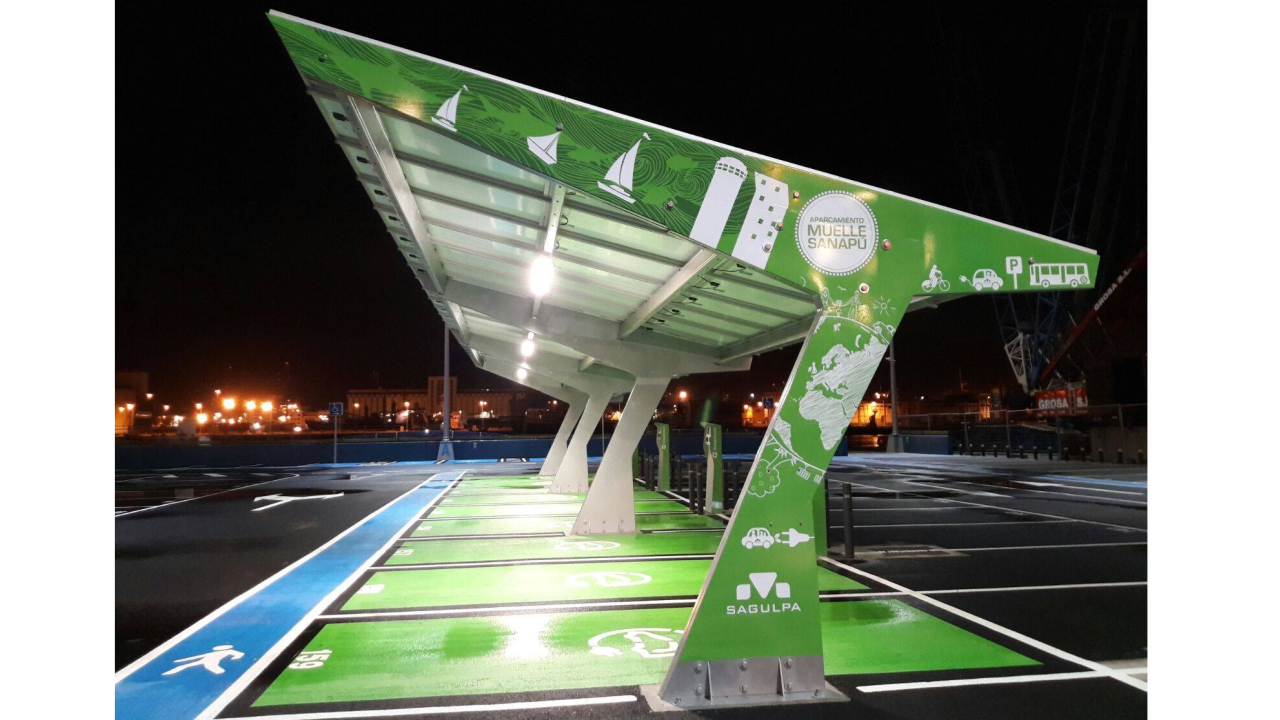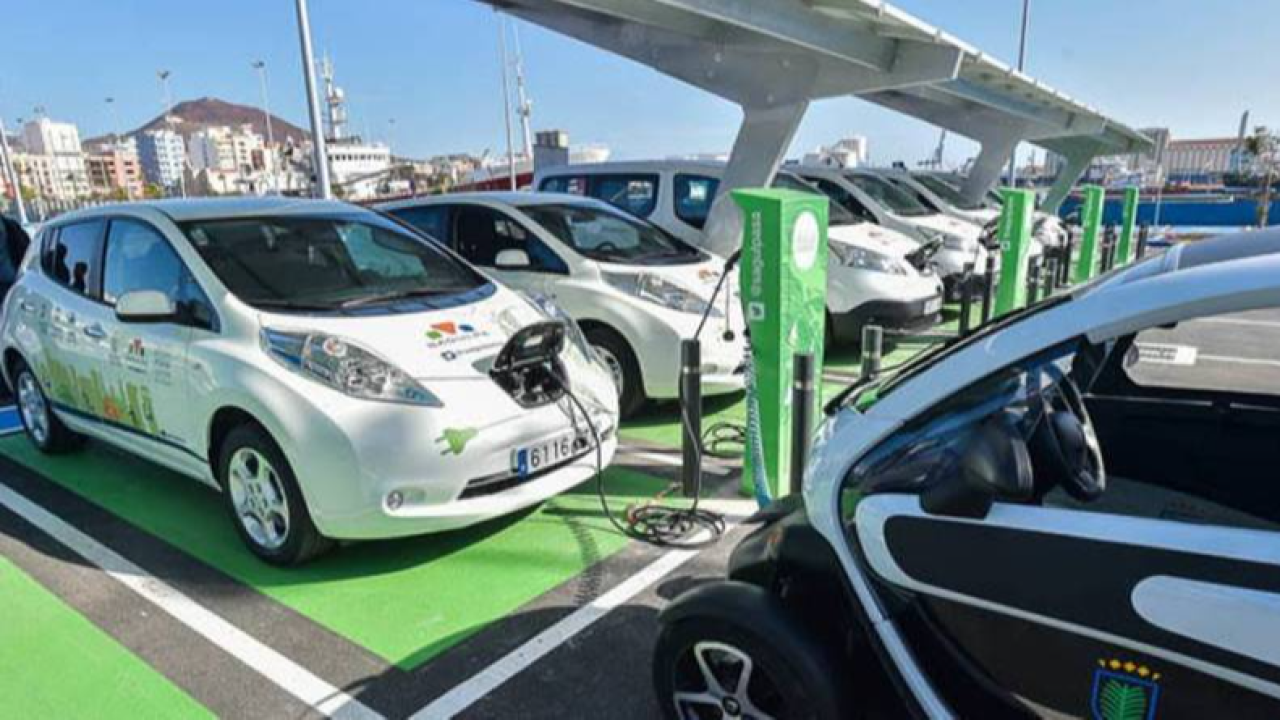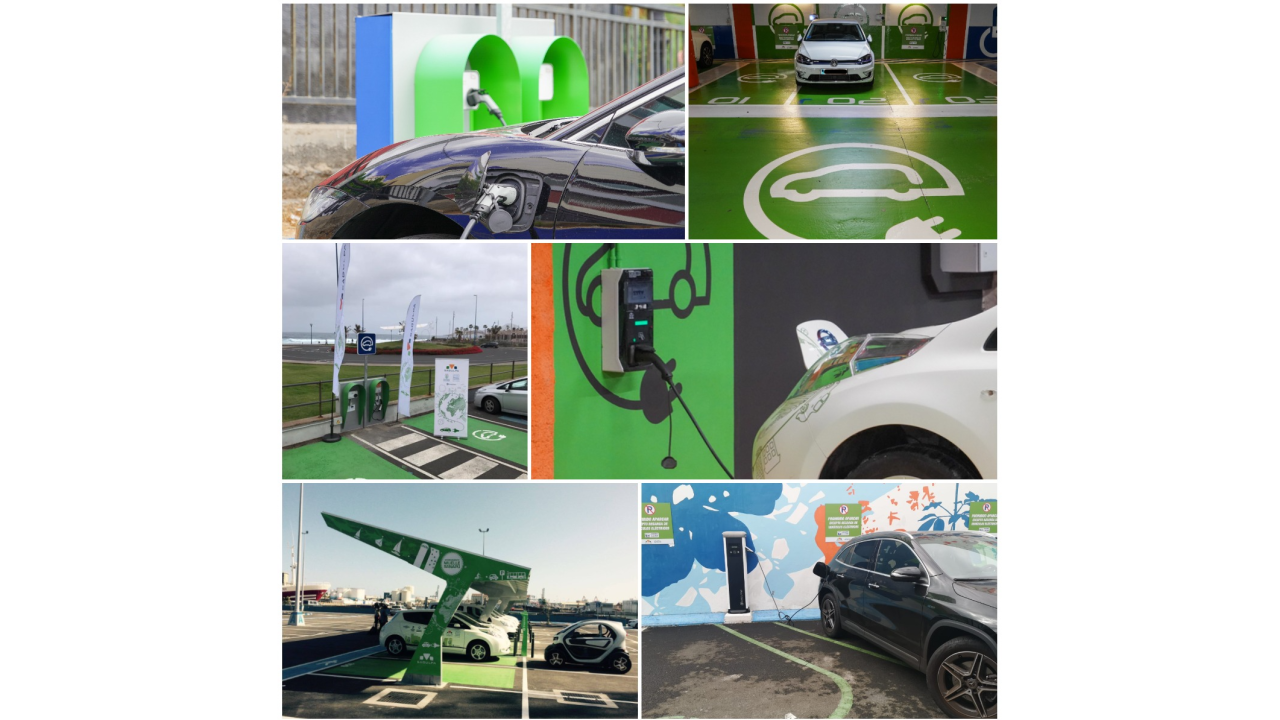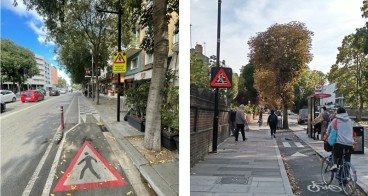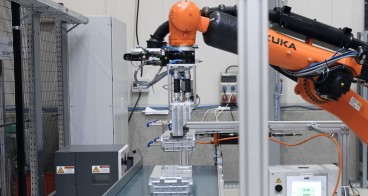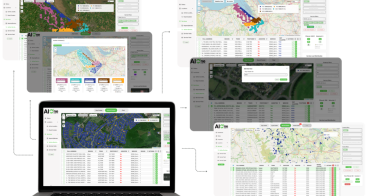Las Palmas: Implementing fast EV chargers and an electrified public fleet

The Challenge
Before the implementation of this measure, Las Palmas de Gran Canaria had three fast charging points in one of its public parking facilities. There was a need to offer more e-charging points in public parking facilities around the whole city, so they could be available to more citizens. The main beneficiaries were the owners of electric vehicles, but the visibility of public recharging encourages current drivers of combustion cars to switch to electric alternatives.
The City policy level objective was to promote sustainable mobility among citizens and visitors. Specific measurable objectives were as follows:
- Increase the use of electric vehicles
- Introduction of new e-mobility technologies
- Raise awareness amongst citizens about sustainable mobility benefits
- Increase awareness among visitors about sustainable mobility options
- Widely share and communicate the sustainable mobility experiences and outcomes with citizens and key local stakeholders
- Shift tourists’ travel behaviour towards more sustainable modes
The Solution
Sagulpa is the local public parking authority in Las Palmas de Gran Canaria. Sagulpa implemented six charging points in their public parking facilities, co-funded by CIVITAS DESTINATIONS. These EV charging points were installed inside several parking facilities throughout the city and they are only available for Sagulpa’s clients who do not pay a fee for using them. Each provides a power output of 7kWh per phase, which typically fully charges an EV in 3-4 hours. One public on-street fast electric charging point was installed and paid for by Nissan, available 24-hours a day.
The scheme also supported Sagulpa with the transition to electrified public fleets, by co-funding three electric vans which replaced the previous diesel van fleet. These e-vans (Nissan ENV200) were used for the daily operations of Sagulpa’s staff (parking management enforcement, maintenance of parking facilities, etc.).
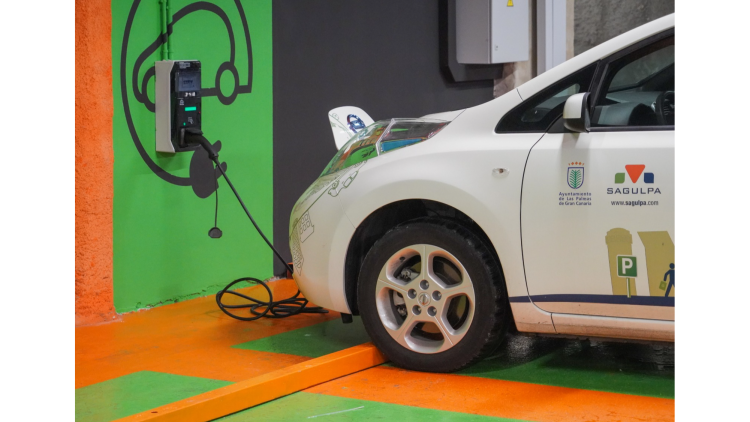
Making an impact
- Sagulpa’s fuel expenses have been reduced by 75%. This equates to a saving of over 600 €/month on fuel.
- Sagulpa’s maintenance costs have also reduced by 71% considering that the new vans are experiencing fewer breakdowns and maintenance problems than the older conventional vans. This equates to a saving of around 2,500 €/year on maintenance services.
- There is an increased awareness among visitors about sustainable mobility options.
- In 2016 there were 1,036 EVs in the province of Las Palmas, and in 2019, the total number of EV was 4,181 (+207%). Although, the share of green vehicles is still only approximately 1% of all vehicles owned in Las Palmas.
- Concerning the emissions, the electric vans emit 9,42 tons of CO2/year while the conventional ones emitted 15,87 tons of CO2/year (reduction of 40%), and the EV charging points help save 66,65 tons of CO2/year.
- The enlargement and improvement of the EV chargers network awoke the interest of key local stakeholders, such as the local EV authorised dealer Nissan.
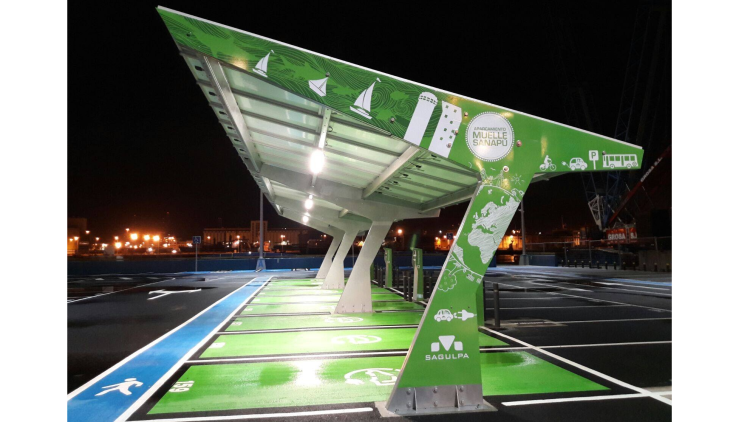
Lessons learnt
The EV charging stations provided an innovative added value to the city:
- The energy consumption is monitored on a regular basis and the data gathered is a valuable source for identifying charging patterns and assessing the behaviour of EV drivers (average charging time, peak and off-peak charging hours, type of vehicles that use the chargers, etc.). This information will be used to design the enlargement of the EV charging stations throughout the city.
- The EV charging station located at the Muelle del Sanapú parking facility is partially powered by solar panels (15% of the overall charging power).
- Public Private Partnerships (PPP) - Sagulpa is collaborating with Nissan in the enlargement of the EV charging network in Las Palmas de Gran Canaria.
- The e-vans that are part of Sagulpa’s fleet have also provided innovative elements:
- Lead by example - The public electric fleet is showing the general public the benefits of transitioning to EVs.
- Building a knowledge base - Sagulpa is gaining experience with the full EV supply chain. This knowledge is being transferred to other public bodies of the Municipality of Las Palmas de Gran Canaria with the aim of a further EV adoption and stimulating green jobs in both the public and private sectors.
The main barrier for the implementation of the EV charging points has been the cost of the energy supply infrastructure. It is difficult to recover the investment in upgrading local grids and this discourages investment in that field. Some up-to-date



